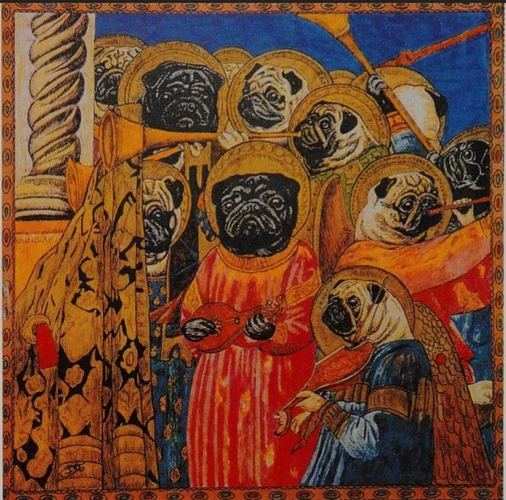

It’s like you understand every era by the definition at the end of it. And soft power is soft because it can be denied - it’s just influence.
Okay cool, so your argument is now nothing more than “soft power exists”, not “The Catholic Church had any serious amount of soft power”, fan-fucking-tastic, glad you’ve spent all this time to say absolutely nothing.
Let’s go back to the source then… Who had institutionalized assimilation before the Romans? I don’t just mean there was assimilation…I mean a group comes in and converts others into becoming them in a systematic fashion
The Ancient Hebrews, for one, whose process of assimilation was far more ritualized and rigid, and mandatory for existence in the polity, than Rome’s. The Assyrians. Han China in the Warring States period.






… do you know where the term ‘English’ comes from?
Can you point to me on a map where the Anglo-Saxons came from?
Do you know what a ‘Briton’ is?